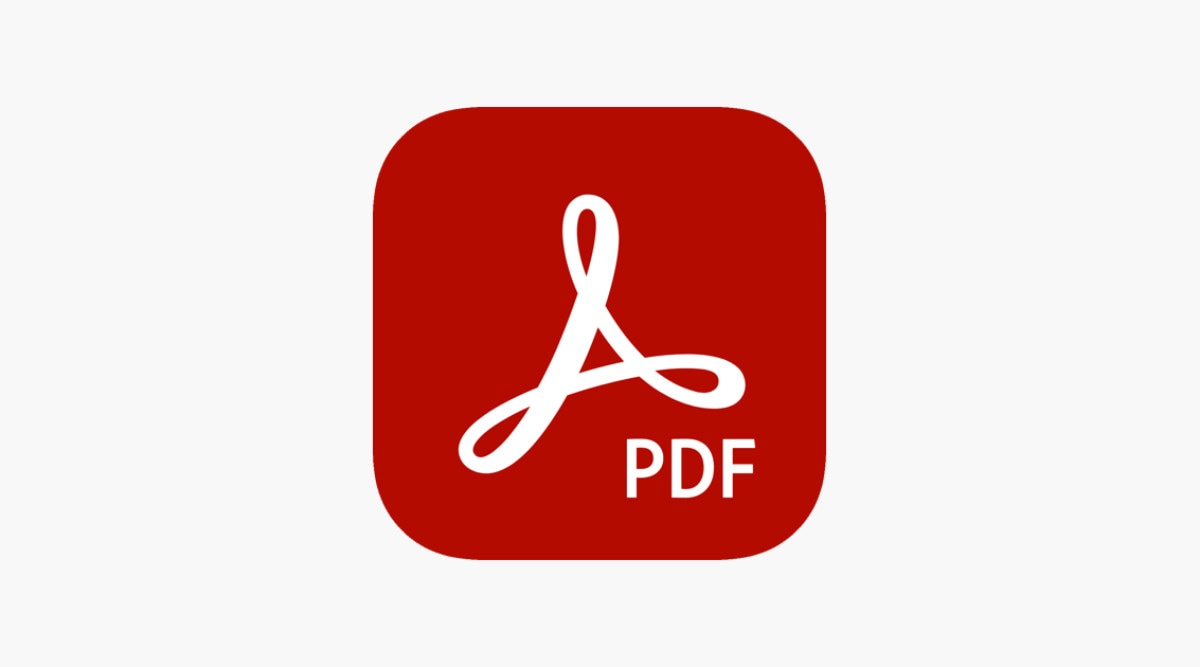Adobe is making PDF documents more accessible with AI-based Auto-Tag API
Adobe introduces the PDF Accessibility Auto-Tag API, powered by Adobe Sensei, to simplify PDF content transformation and improve accessibility.
 Adobe Acrobat PDF is one of the most popular PDF solutions around (Image: Adobe)
Adobe Acrobat PDF is one of the most popular PDF solutions around (Image: Adobe) Adobe has unveiled its latest innovation, the Adobe PDF Accessibility Auto-Tag API, powered by Adobe Sensei, the company’s artificial intelligence and machine learning framework. The API aims to simplify and expedite the process of transforming PDF content, providing organisations with significant time and cost savings while improving user experience.
PDF documents are extremely common, yet over 90% of these documents are at least partially inaccessible for individuals with disabilities, appearing distorted or unreadable, according to Adobe. Adobe has taken this into account and introduced the new PDF Accessibility Auto-Tag API, introducing a number of accessibility features.
The PDF Accessibility Auto-Tag API leverages Adobe Sensei’s capabilities to automate and scale the tagging of PDF content structures. These structures include headings, paragraphs, lists, and tables, ensuring the correct reading order for assistive technologies such as screen readers. By doing so, individuals with disabilities, including blindness, low vision, and dyslexia, can navigate digital documents more easily. Developers can apply the API to large backlogs of existing PDFs, saving time and resources while complying with accessibility regulations.
Adobe says that early adopters of the new API have reported automating between 70% and 100% of the process, drastically reducing the time required to make each file fully accessible.
“From complex legal agreements and contracts to mortgage documents and school permission slips – making digital documents accessible to as many people as possible is both the right thing to do as well as a legal and business imperative for companies that want to compete globally,” said Todd Gerber, VP product marketing, Adobe Document Cloud. “With Adobe’s decade of experience responsibly developing and deploying AI, we’re excited to introduce new AI-powered features that can help organizations scale access and understanding for everyone.”
In addition to the PDF Accessibility Auto-Tag API, Adobe has announced two forthcoming features. The PDF Accessibility Checker, accessible via an API in Acrobat, will enable organisations to evaluate the accessibility of existing PDFs efficiently and at scale. Then there’s Auto-Tag in Acrobat Reader which will provide existing Reader customers with a more accessible viewing experience within the application, without the need for additional plug-ins or downloads.
Adobe’s announcement comes only a day after Apple introduced a bunch of accessibility features as well, headlined by Personal Voice which lets you create a digital voice using by recording 15 minutes of audio.
This isn’t the first time Adobe has demonstrated its commitment to improving PDF accessibility. Acrobat already packs features like document voicing, and readability features in Sensei-powered Liquid Mode for Acrobat Reader Mobile.







